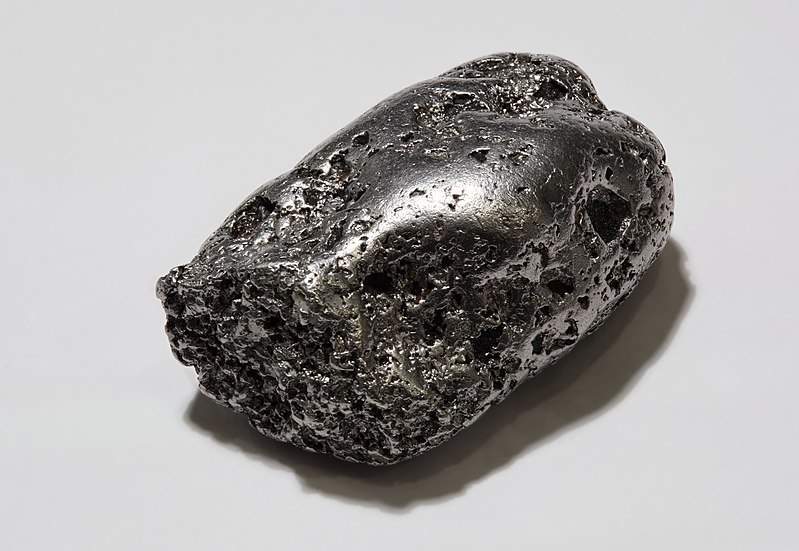Precious metal mining group Sibanye-Stillwater has agreed to acquire Lonmin, a British producer of platinum group metals in an all-share offer worth about £285m to become a fully integrated platinum-group metals (PGM) metals producer in South Africa.

Platinum-nugget. Photo courtesy of Alchemist-hp (talk) (www.pse-mendelejew.de)
Lonmin, which is a primary producer of PGMs, operates in the Bushveld Igneous Complex in South Africa.
The company has been facing financial problems owing to factors like continued low PGM pricing environment among others.
Lonmin is expected to benefit from its combination with Sibanye-Stillwater, which will result in a larger company with greater geographical and commodity diversification. The combined company is expected to be in a better position to overcome short-term commodity price and foreign exchange volatility.
The South Africa-based Sibanye-Stillwater believes that the combination of its existing and contiguous South African PGM assets with the operations of Lonmin including its processing facilities will unlock operational synergies and create value for all stakeholders.
Further, it says that the acquisition of Lonmin is in line with its South African PGM strategy following the takeover of Aquarius Platinum and the Rustenburg Operations from Anglo American Platinum.
The acquisition of Lonmin will expand the PGM footprint of Sibanye-Stillwater to 180.6Moz in measured, indicated and inferred resources.
Sibanye-Stillwater CEO Neal Froneman said that the acquisition of Lonmin would put the enlarged Sibanye-Stillwater Group as a one of the major mine-to-market producers of PGMs in South Africa.
Froneman added: “The flexibility inherent in the larger regional PGM footprint, will create a more robust business, better able to withstand volatile PGM prices and exchange rates.
“Furthermore, the sizeable combined resource base, with its pipeline of advanced and early stage projects, also offers significant growth and value upside potential under appropriate economic and market circumstances.”
As per the transaction terms, each Lonmin shareholder will be offered 0.967 of Sibanye-Stillwater shares in exchange of each share they hold in Lonmin.
Upon completion of the transaction, Lonmin shareholders will own around 11.3% of the enlarged Sibanye-Stillwater Group. The existing shareholders of Sibanye-Stillwater will own around 88.7% of the combined company.
Irrespective of the acquisition by Sibanye-Stillwater, Lonmin has revealed that more than 12,000 jobs would be at risk over the next three years.
